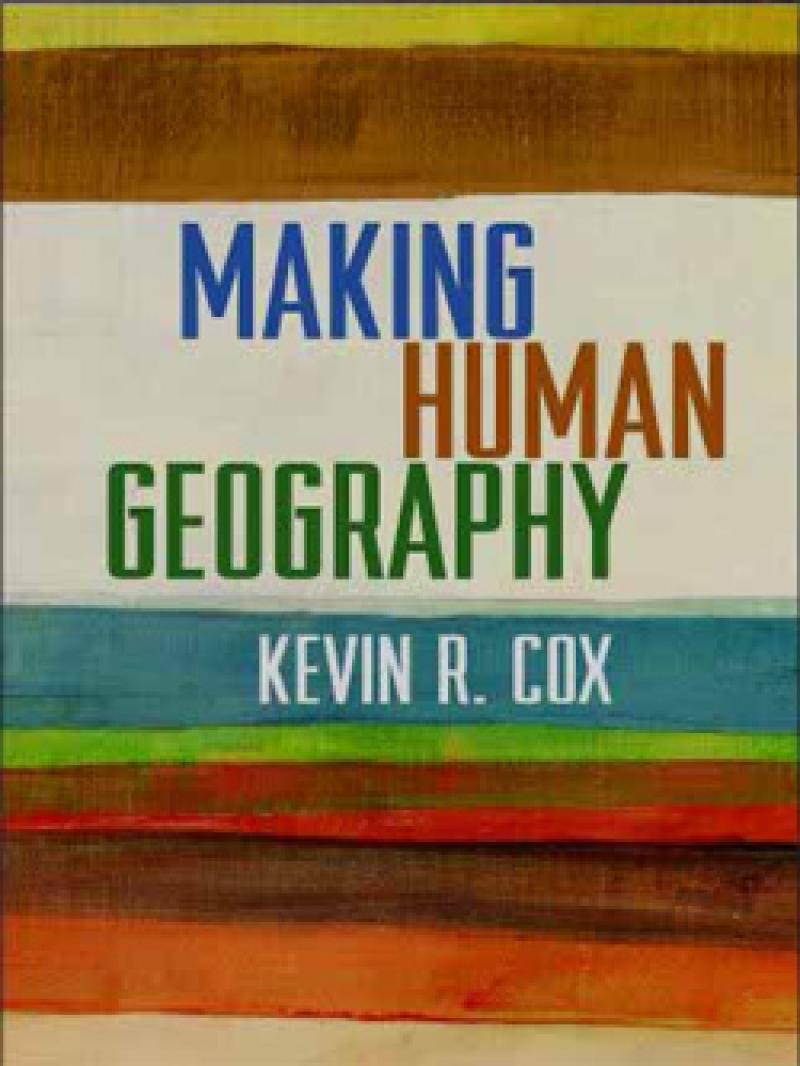Trevor Brown
Complex Contracting: Government Purchasing in the Wake of the US Coast Guard’s Deepwater Program
By: Trevor L. Brown, Matthew Potoski, David M. Van Slyke
Kevin Cox
Kelechi Kalu
September 11, 2001, fighting the menace has become the frontier issue on the U.S.’ national security agenda. In the case of the African Continent, the United States has, and continues to accord major attention to the West African sub-region. This book
- Evaluates where we can place West Africa within the broader crucible of the U.S. war on terrorism
- Establishes the key elements of the U.S.’ counter-terrorism policy in West Africa?
- Examines the U.S. counter-terrorism strategies in West Africa, and evaluates if they are being pursued both at the bilateral and multilateral levels in the region
- Interrogates the relationship between stability in the sub-region and the waging of the U.S.’ war on terrorism
Specifically, the book examines the crises of underdevelopment—cultural, economic, environmental, political, security and social—in the sub-region, especially their impact on shaping the conditions that provide the taproots of terrorism. Clearly, addressing these multidimensional crises of underdevelopment is pivotal to the success of the U.S. war.
James Schnell
This book describes the creation, development and management of the U.S. Army Culture & Foreign Language Enterprise from the vantage point of Dr. Jim Schnell, U.S. Army Culture & Foreign Language Management O ffi ce Lead Social Scientist at Headquarters TRADOC (Training & Doctrine Command), Fort Eustis, Virginia. His role has focused on support via implementation of the U.S. Army Culture & Foreign Language Strategy from its beginnings as an Intelligence function and recruitment, hiring & management of the Culture & Foreign Language Advisors. As such, this has provided Schnell with relevant insights regarding how attempts to operationalize cultural principles in support of mission accomplishment have evolved within the U.S. Army and how the Army bureaucracy has responded to this kind of innovation.


